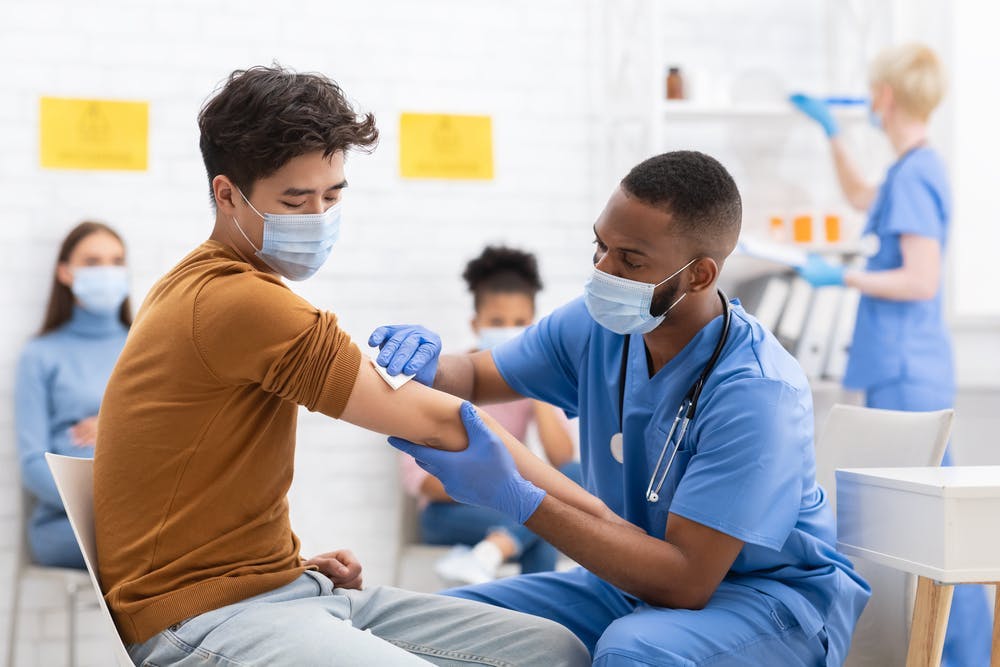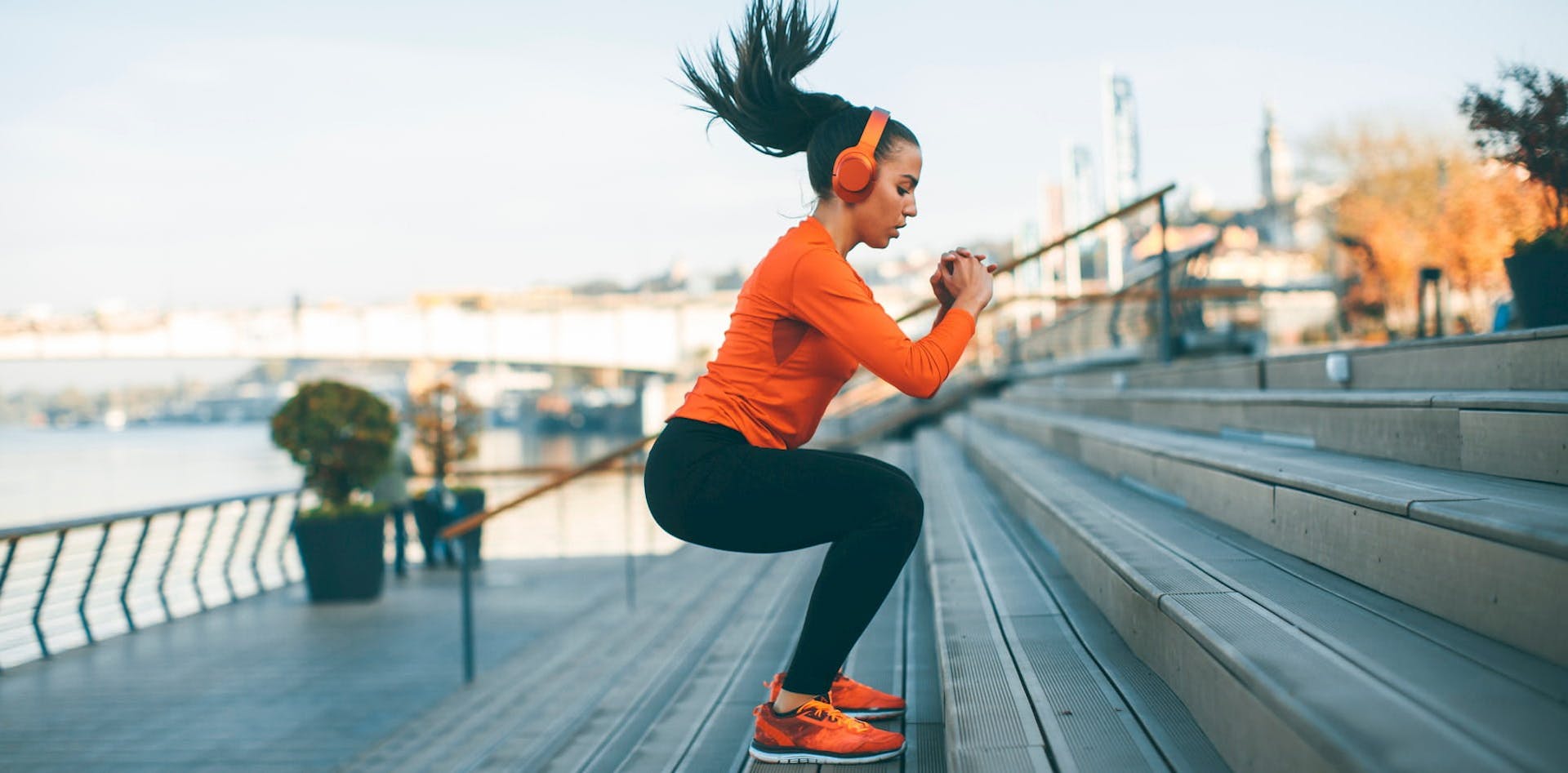Ten tips for a healthy camping trip
Written by Sarah Thebarge, Physician Assistant
Camping is a great summertime activity that lets you have fun outdoors, connect with nature and get plenty of exercises. In fact, more than 40 million Americans go camping every year. Here are ten tips that can help you have a healthy and safe camping trip.
1. Protect your skin from the sun.
Spending time outdoors in the sun increases your exposure to UV rays that can cause sunburns and increase your risk of skin cancer. So, when you pack for your camping trip, bring along sunglasses, hats, SPF-containing lip balm, protective clothing, and sunscreen that’s at least SPF 15. And make sure to reapply sunscreen after swimming or if you’ve spent an extended amount of time in the sun.
2. Practice fire safety.
Sitting around a campfire is often one of the highlights of a camping trip, but it can be dangerous if you don’t take proper precautions. To keep everyone safe, make sure you practice fire safety by setting the fire in an approved spot; clearing away surrounding flammable debris, overhanging branches, and tripping hazards; keeping extra firewood away from the fire; having a bucket of water or a hose nearby, and carefully supervising young children.
3. Stay hydrated.
Spending time outdoors in warm weather increases your risk of dehydration. Make sure you drink plenty of water during your camping trip. If you leave the campsite to participate in outdoor activities like running, swimming or hiking, take plenty of water with you. And avoid drinking too much alcohol or caffeine, since these increase your urine output, leading to further dehydration.
4. Practice water safety.
If you engage in water activities like swimming, boating, rafting or canoeing, it’s important to take proper precautions to stay safe. It’s recommended that you protect your children through swimming lessons before you swim (especially if you’re in an area that doesn’t have lifeguards), wear a lifejacket when you’re on the water, be aware of hazards like lightning and riptides, never swim alone, and keep a close eye on children.
5. Protect yourself from ticks.
Tick bites can lead to several dangerous infections, including Lyme Disease and Rocky Mountain Spotted Fever. Here are several ways to protect yourself: apply tick repellant, wear light-colored protective clothing and tuck your pants into your socks if you’re hiking in tick-infested areas. It’s also important to perform daily tick checks on all campers (including pets!) and promptly remove any ticks you find.
6. Bring an emergency survival kit.
No matter how well you plan your trip, it’s possible for unexpected circumstances to arise that can be potentially dangerous if you’re not prepared. The Department of Homeland Security (DHS) recommends packing an emergency kit that includes clean water, a 3-day supply of nonperishable food, a flashlight, extra batteries, a rescue whistle, and waterproof material like a tarp or poncho to protect yourself from the elements.
7. Protect against insect bites.
Insect bites can be itchy and irritating, but they can also transmit potentially serious infections, including West Nile Virus, Zika, and several forms of encephalitis. Insect bites can also lead to cellulitis, a skin infection that develops when bacteria enter through a small puncture wound. Using insect repellent, wearing protective clothing, and sleeping under a mosquito net can protect you against the complications insect bites can cause.
8. Pack a first aid kit.
A first aid kit is essential to any camping trip. While you can buy a pre-made kit from organizations like the Red Cross, you can also make your own. A first aid kit should include gauze, bandages, antibiotic ointment, antiseptic wipes, an emergency blanket, disposable gloves, Ace wraps, tweezers, a thermometer, triangular bandages, a CPR mask, and medicine for pain or fever (like aspirin or ibuprofen). It's always important to know how to treat an injury when far from medical help.
9. Avoid hiking alone.
Hiking is a great summertime activity that offers the chance to get fresh air and exercise, but it’s important to take precautions to stay healthy. In addition to the above recommendations, it’s recommended that you avoid hiking alone. When you hike with at least one other person, you can distribute the weight of supplies and equipment, and navigate your way together to avoid getting lost. Also, if one of you is injured, the other person can render first aid and summon help.
10. Store food properly.
Gastrointestinal infections that come from food that’s improperly stored or prepared can cause vomiting, diarrhea, abdominal pain, and fever, which will definitely ruin your camping trip. To avoid foodborne illnesses, make sure you take proper food precautions. Don’t pack raw and cooked foods together. Keep perishable food on ice or in a cooler. Cook food to its recommended temperature. And don’t let perishable food sit at room temperature for more than 2 hours (or 1 hour if the outdoor temperature is over 90 degrees F).


